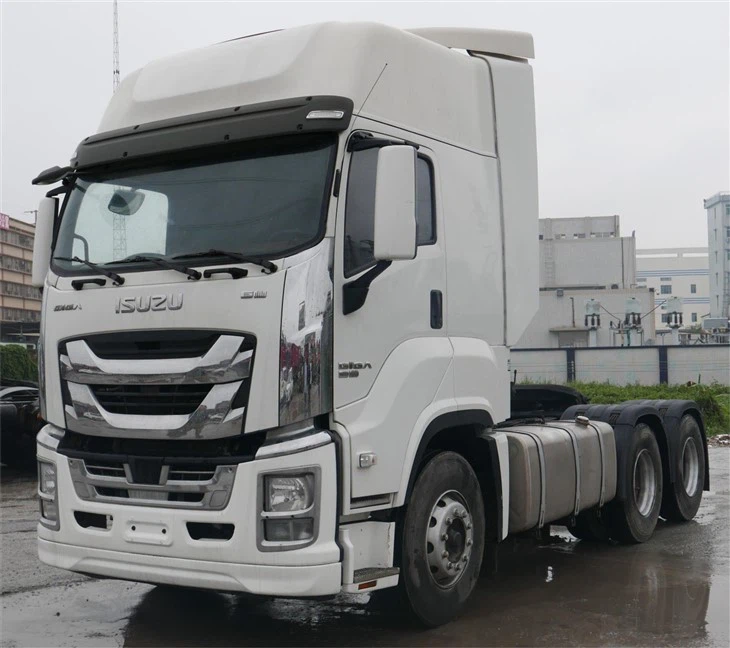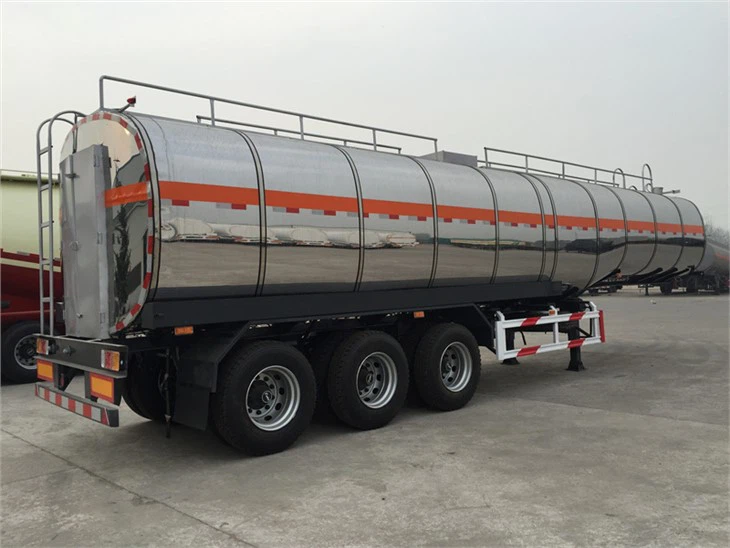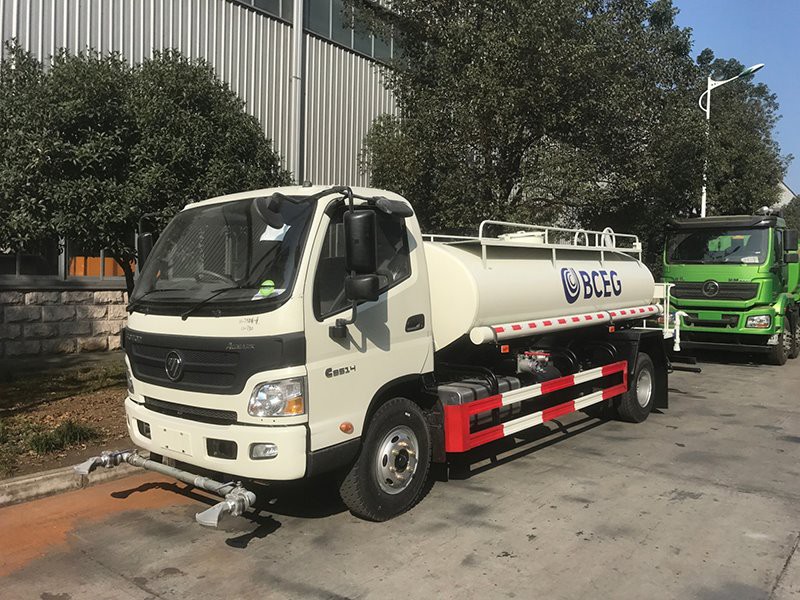Mosquito Spray Truck: Your Ultimate Guide to Effective Pest Control

As warm weather approaches, the annoyance of mosquitoes also tends to rise, presenting a challenge to communities, homeowners, and outdoor enthusiasts. Mosquito spray trucks serve as a pivotal part of pest control strategies, assisting in reducing mosquito populations and ensuring safer outdoor experiences. This comprehensive guide will delve into everything you need to know about mosquito spray trucks, their operation, effectiveness, and safety measures.
Understanding Mosquito Spray Trucks
What Are Mosquito Spray Trucks?
Mosquito spray trucks are specialized vehicles designed to apply insecticides over large areas. They typically operate in residential neighborhoods, parks, and public spaces during mosquito season. Equipped with tanks, pumps, and dispersal mechanisms, these trucks deliver chemicals that can kill adult mosquitoes and larval stages.
How Do Mosquito Spray Trucks Work?
The operation of a mosquito spray truck is relatively straightforward. Here’s how it works:
- The truck is filled with a mosquito control solution, usually containing pyrethroids or other insecticides.
- As the truck drives through a designated area, it releases the insecticide into the air through a specialized spraying system.
- The spray creates a fine mist that adheres to the surfaces where mosquitoes may land, targeting them effectively.
Benefits of Using Mosquito Spray Trucks
1. Rapid Coverage
Mosquito spray trucks can cover large areas in a relatively short amount of time, making them an efficient solution for urban settings where mosquito populations can be dense.
2. Consistent Application
Modern trucks are equipped with GPS and spray technology that allows for consistent application rates, ensuring that the area treated gets an adequate dosage of the insecticide.

3. Community Protection
By reducing mosquito populations in shared spaces, these spray trucks help protect community members from diseases transmitted by mosquitoes, such as West Nile virus and Zika virus.
Types of Mosquito Insecticides Used
1. Pyrethroids
Pyrethroids are synthetic chemicals modeled after natural insecticides found in chrysanthemum flowers. They are effective against adult mosquitoes and have a residual effect, meaning they can kill mosquitoes that land on treated surfaces.
2. Larvicides
While spray trucks primarily target adult mosquitoes, some programs may also apply larvicides to standing water sources to prevent the maturation of larvae into adults. Common larvicides include methoprene and BTI (Bacillus thuringiensis israelensis).
3. Organic Insecticides
For environmentally conscious communities, organic insecticides such as neem oil or pyrethrin (derived from chrysanthemum) can be utilized to control mosquito populations without compromising environmental safety.
Safety Measures and Guidelines
1. Timing of Spraying
Most municipalities schedule spray operations during dusk or dawn when mosquitoes are most active and human activity is minimal. This reduces human exposure and maximizes effectiveness.
2. Notification to Residents
Many communities notify residents through local news, social media, or door-to-door flyers prior to spraying. This allows people to take safety precautions, such as staying indoors during applications.
Tips for Residents
- Close windows and doors during spraying.
- Keep pets indoors.
- Avoid the treated areas immediately after application.
What to Expect After Spraying
1. Short-Term Effects

After spraying, residents may notice a decrease in mosquito activity within a few hours to days. However, it is crucial to keep in mind that these trucks do not provide a permanent solution and may need to be deployed multiple times throughout the season.
2. Monitoring and Evaluation
Local health departments often monitor mosquito populations and disease indicators to assess the effectiveness of spray operations. This data guides future mosquito control strategies and adjustments in treatment schedules.
Practical Examples of Mosquito Spray Truck Programs
Case Study 1: New Orleans, Louisiana
New Orleans has long struggled with mosquito control due to its humid climate. The city employs a robust mosquito-prevention program involving spray trucks that operate regularly in high-risk zones, particularly after heavy rain.
Case Study 2: Los Angeles County, California
Los Angeles County utilizes a proactive approach to mosquito control which involves not only aerial spraying but also ground-based mosquito spray trucks during the peak season, ensuring coverage of both urban and suburban areas.
How to Request Mosquito Spray Services
1. Contacting Local Authorities
Residents noticing high mosquito populations can contact their local health or environmental department. Many communities have dedicated services for mosquito control that can deploy trucks as needed.

2. Community Initiatives
Residents can also form community groups to advocate for mosquito control measures. By gathering data on mosquito activity, they can request targeted spraying from local authorities.
FAQs about Mosquito Spray Trucks
1. How often do mosquito spray trucks operate?
The frequency of operations varies by location and mosquito population but typically, trucks are deployed weekly to bi-weekly during peak mosquito seasons.
2. Are the insecticides used harmful to humans and pets?
While the insecticides are designed to be safe for humans and pets when used according to label instructions, minimizing exposure during spraying is advisable.
3. Can I opt-out of mosquito spraying in my area?
Many communities allow residents to opt-out of spraying, especially for those with health concerns. It’s best to contact local authorities for specific procedures.
4. What should I do if I still see mosquitoes after spraying?
If mosquitoes continue to be a problem, it’s advisable to report the issue to local health departments, as they can assess the effectiveness of the spraying and recommend further action.
5. What alternative methods can reduce mosquito populations?
In addition to spraying, homeowners can reduce their mosquito populations by eliminating standing water, using mosquito repellents, and installing screens on windows and doors.
6. Can mosquito spray trucks affect the environment?
When used responsibly, mosquito spray trucks minimize environmental impact. However, overuse can lead to resistance in mosquito populations or harm non-target insects, so environmental considerations are crucial.
Conclusion
Mosquito spray trucks are an essential service for managing mosquito populations and protecting public health, especially in densely populated areas. Understanding their operation, benefits, and safety measures will help communities make informed decisions about pest control. As always, combining spraying with personal precautions will provide the best defense against mosquito-borne diseases.
